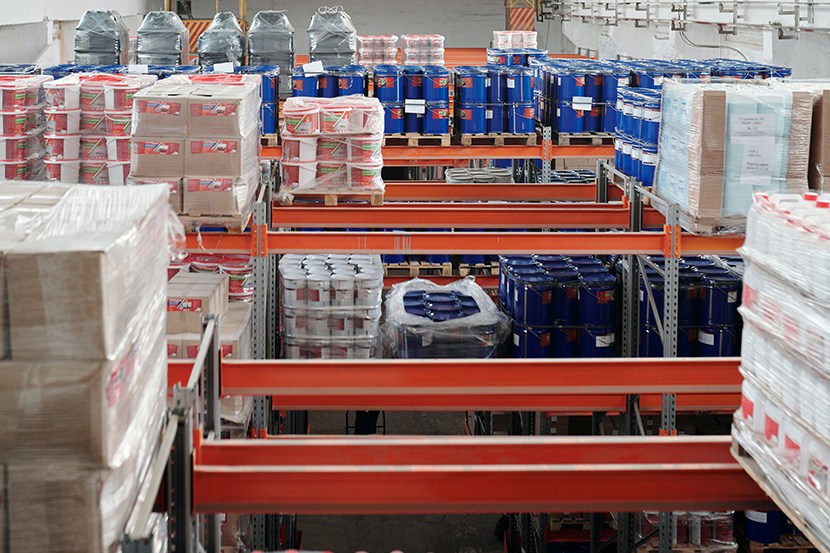
Demand for Logistics Space to Grow, Led By E-Commerce

Demand for logistics facilities will likely intensify over the next three years. But limited land supplies and increased pressure for environmental sustainability practices must be addressed to sustain this growth, said JLL, Chicago.
JLL surveyed 720 logistics experts in 43 countries for its report, The Future of Global Logistics Real Estate. It forecast strong growth for warehouse and distribution facilities but said the e-commerce sector will increase most significantly.
“E-commerce continues to propel a huge wave of industrial leasing globally, and the demand is becoming more widespread across all industries,” said Craig Meyer, President of Industrial with JLL. “The number of unique active tenants has surged as companies rush to build up their e-fulfillment capacities and, despite a normalization of the market as the effects of the pandemic wind down, we expect to see this trend hold strong over the next three years.”
Last year, e-commerce was the logistics sector’s “standout performer” with the highest year-on-year growth take-up by any occupier group, the report said. E-commerce represented more than 16 percent of total logistics and industrial leasing last year in the United States and as much as one-third in China. Survey respondents said they expect the e-commerce sector to drive demand in logistics but predicted global growth across all warehousing and distribution sectors.
Survey respondents raised two concerns about future growth. The first: the limited supply of entitled land for logistics, noting some firms already delay their occupancy decisions due to a lack of space. For example, vacancies remain below 3 percent in several cities including Toronto, New York and Los Angeles. In several countries, including Germany, China, the Netherlands and Australia, 65 percent of respondents deemed limited availability of entitled land the single biggest constraint on occupier demand.
Second, the sector must adopt sustainable solutions as the pressure to decarbonize grows. Currently, the sector focuses mainly on cost-saving measures such as improving energy efficiency. But several countries in Europe and in the Asia-Pacific region are requiring industrial real estate to reduce overall carbon emissions and use sustainable transport, which could signal the future for the entire industry, JLL said.
“Governments, municipalities, supply chain experts and the real estate industry need to partner to find innovative solutions to creating efficient supply chains and real estate,” said Jeremy Kelly, JLL Lead Director of Global Cities Research. “This partnership is the best way to meet high expectations for just-in-time deliveries.”
